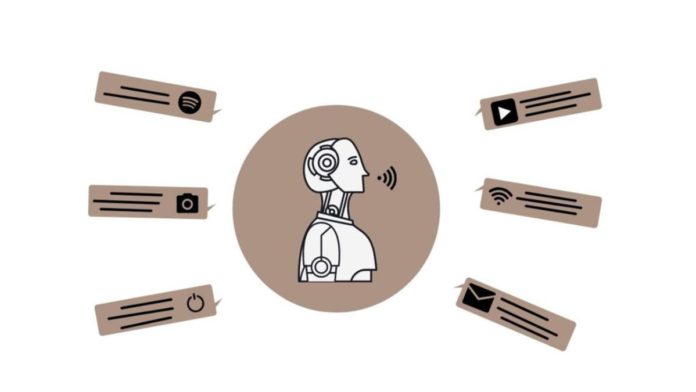In the ever-evolving landscape of personal injury law, technological advancements are reshaping how cases are handled and resolved. From streamlining legal research to enhancing case management and prediction, artificial intelligence (AI) is revolutionizing law practices.
Like other experienced lawyers, the personal injury attorneys at Morris Law Accident Injury Lawyers are harnessing the power of AI to navigate the complexities of personal injury cases more efficiently and effectively than ever before. Headed by Jeff Morris, the team prides itself on giving individual attention to each case, making sure the victim’s rights are protected and justice is upheld. The firm also offers a free case consultation so that accident victims can understand whether they have a valid case on their hands.
Let’s discuss how AI is transforming the field of personal injury law and what it means for clients and legal practitioners.
Enhanced Legal Research
Traditionally, legal research has been time-consuming and labor-intensive, requiring attorneys to sift through vast volumes of case law, statutes, and regulations to find relevant information. AI-powered legal research tools, such as natural language processing and machine learning algorithms, streamline this process by quickly analyzing and extracting relevant information from vast databases.
Personal injury attorneys can leverage these tools to conduct comprehensive legal research more efficiently, saving time and resources while uncovering valuable insights to strengthen their cases.
Data Analysis and Prediction
AI algorithms also revolutionize how personal injury attorneys analyze and predict case outcomes. By analyzing historical case data and identifying patterns and trends, AI can help attorneys assess the strength of a case, predict potential consequences, and develop informed litigation strategies. This data-driven approach allows attorneys to make more accurate predictions about case value, settlement likelihood, and litigation risks, empowering them to make strategic decisions that maximize client outcomes.
Case Management and Organization
Managing a personal injury case involves juggling multiple deadlines, documents, and tasks, often in a fast-paced and high-pressure environment. AI-powered case management software helps streamline this process by automating routine tasks, organizing case documents, and tracking deadlines and milestones.
Personal injury attorneys can use these tools to improve efficiency, reduce administrative overhead, and ensure that nothing falls through the cracks during litigation.
Streamlined Communication and Collaboration
Effective communication and coordination are critical to favorable case results in personal injury cases involving numerous parties, experts, and stakeholders. AI-powered communication platforms facilitate seamless communication and collaboration between attorneys, clients, experts, and other stakeholders, regardless of location or time zone. These platforms provide secure channels for sharing documents, exchanging messages, and scheduling meetings, allowing attorneys to stay connected and informed throughout the litigation process.

Ethical and Legal Considerations
While AI offers numerous benefits for personal injury attorneys and their clients, it raises important ethical and legal considerations. Attorneys must ensure that AI tools are used responsibly and ethically, respecting client confidentiality, privacy, and legal obligations. Attorneys must be vigilant in assessing AI algorithms accuracy, reliability, and bias to avoid potential pitfalls and ensure fair and just outcomes for their clients.
The Future of Personal Injury Law
AI’s influence on personal injury law will only increase as technology develops and advances. From automating routine tasks to enhancing legal research and prediction, AI has the potential to revolutionize every aspect of the legal profession.
In an increasingly complicated and cutthroat legal market, personal injury lawyers who embrace AI technology and adjust to the changing environment will be better positioned to offer their clients outstanding counsel and the best possible results.
To Wrap it Up
Integrating AI technology into personal injury law represents a transformative shift that offers both challenges and opportunities for attorneys and clients alike. By harnessing the power of AI to enhance legal research, data analysis, case management, and communication, personal injury attorneys can improve efficiency, effectiveness, and case results. It will be essential for lawyers to remain knowledgeable, flexible, and morally upright when utilizing AI technology to handle the intricacies of personal injury cases.


